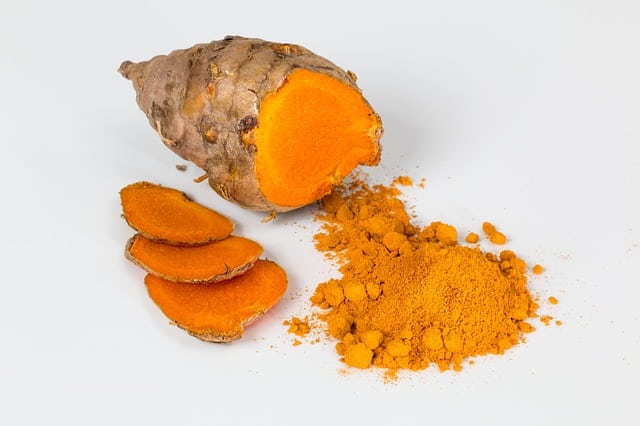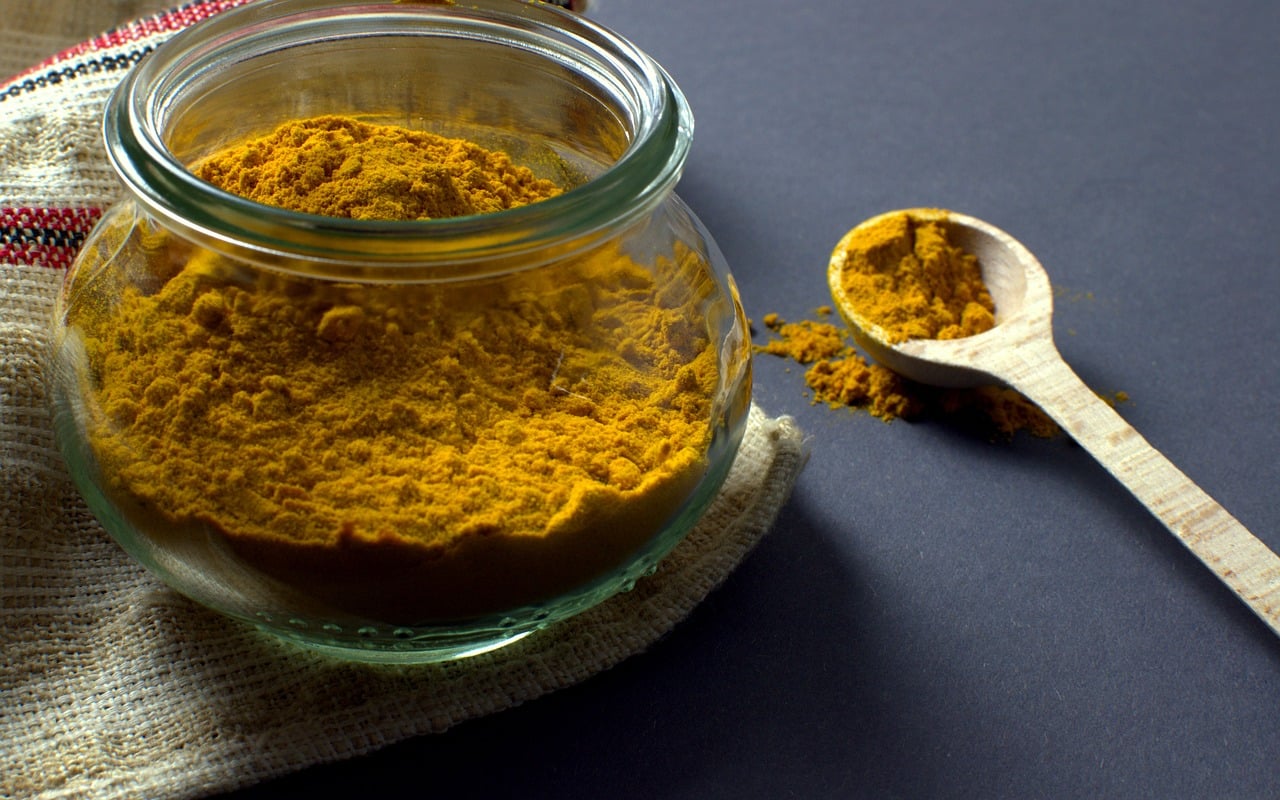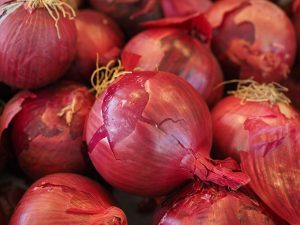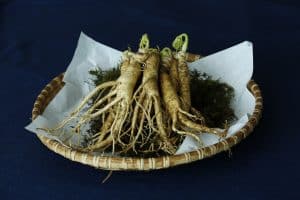Turmeric(Curcuma longa) is a perennial plant of the genus "Curcuma" with branched brown roots, and the inside is orange in color and has a specific smell. The roots are used more as a medicine than as a culinary spice.
Turmeric contains the active substance curcumin, thanks to which the drug is a "miracle" of nature and is characterized by advantages that are complemented by the rich content of vitamins of group B, vitamin C, K, zinc, calcium and others.
Turmeric stands out above all for its antioxidant action combined with its antibacterial activity. As an additional characteristic of turmeric, its hepatoprotective and anti-ulcer effects are highlighted. At the same time, turmeric exerts anti-inflammatory activity by lowering the levels of histamine and prostaglandins, which provoke inflammatory processes in the body. Curcumin has an anticoagulant effect and is a reliable remedy against ischemic stroke and myocardial infarction.
Turmeric stands out above all for its antioxidant effect

Ulcer: Turmeric has a beneficial effect on the healing process by helping to reduce gastric secretion, accelerating the regeneration of the gastric mucosa.
Ulcerative colitis/including Crohn's disease/: Turmeric supports the body's defenses, which largely depend on the condition of the small and especially the large intestines, where the main part of the immune system is believed to be located. The healing effect is believed to be due to curcumin's ability to suppress the inflammatory factor NF-κB.
Diabetes of type II: Curcumin lowers the blood sugar levelmainly by normalizing its levels and is able in a number of cases to completely replace antidiabetic drugs, especially in combination with goji berries and cinnamon.
Chronic pancreatitis: Turmeric suppresses the inflammatory process in the pancreas by affecting its enzymes, thus leading to remissions.
Rheumatoid arthritis: The impact on rheumatoid arthritis is due to the presence of zinc in turmeric and curcumin itself. The effect is similar for chronic uveitis, especially if curcumin is combined with corticosteroids.
Cardiovascular system: Turmeric has a beneficial effect on the atheromatous process, such as lowers bad cholesteroland at the same time increases the level of good, lowers platelet values. Thanks to the rich content of vit. B6 in turmeric, the level of homocysteine, which is an immediate damager of the vascular wall, is sharply reduced. In just about a week of using turmeric, it is able to reduce bad cholesterol by about 11% and raise good cholesterol by 30%.
Antitumor action: В условия на експеримент върху животни е установено, че при рак на дебелото черво, млечните жлези, панкреаса, простатата и leukemia in children, turmeric suppresses the growth and development of malignant cells. In patients with congenital polyposis of the colon treated with turmeric and quercetin for 6 months, polyps disappeared in 60% of the patients, and in the rest, polyps decreased in length with 50%. Curcumin in combination with broccoli stops the development of prostate and breast cancer for 8-12 months.
Curcumin has shown a curative effect in cystic fibrosis– a very serious genetic disease. Significant improvements were also observed in patients with psoriasis, treated with turmeric.
Alzheimer's disease: As incredible as it sounds, studies show that curcumin protects the brain against the production of a protein in Alzheimer's disease by turning on a gene that codes for the production of antioxidant proteins that protect the brain against oxidative damage from free radicals. This oxidation is considered a key factor in aging and is responsible for neurodegenerative diseases, incl. dementia such as Alzheimer's disease.
In conclusion: The use of turmeric is of particular benefit not only for sick but also for healthy persons, except for pregnant and lactating women. No side effects have been identified even with long-term use in optimal doses of 1/2 to 1 capsule of curcumin powder daily.
Author:Prof. Dr. Petar Manolov, Ph.D
Source: lekuva.net







